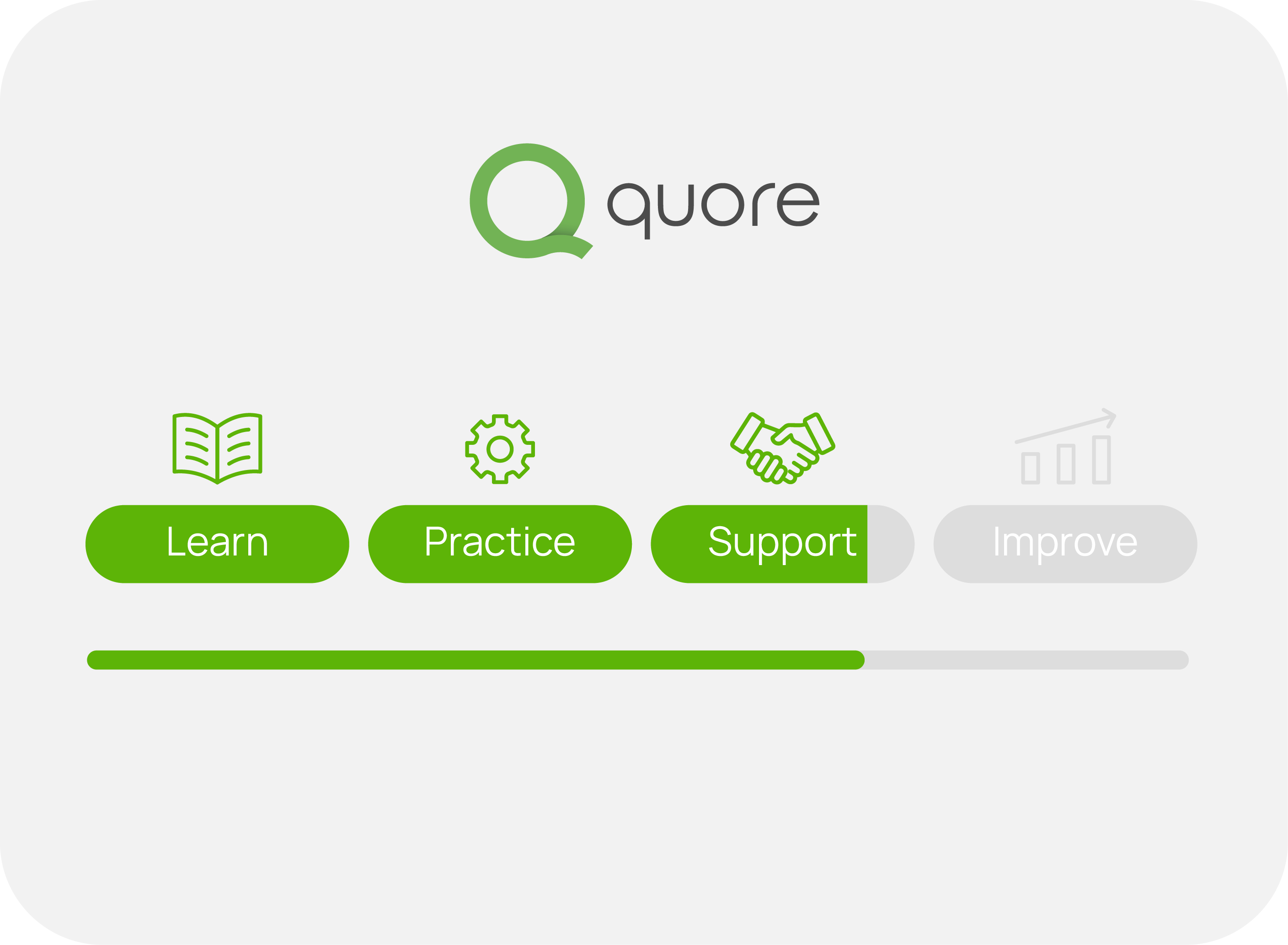Meditation and Mindfulness in Hospitality
.avif)
Meditation is a practice involving techniques used to focus the mind and improve mental clarity, focus, emotional stability and more. There are lots of ways to meditate—some people focus on a particular thought or object, some incorporate exercise or movement and some focus on deep breathing. Regardless of the chosen technique, many forms of meditation have no shortage of health benefits.
From stress and anxiety relief to improved brain function, taking the time to regularly meditate can enhance anyone’s wellness regimen. And with a renewed focus on health in travel and hospitality, these industries are looking for ways to provide meditation and mindfulness tools for travelers and guests.
Luxury destinations and spa resorts have been drawing in guests with their meditation and relaxation focus for years. The Lodge at Woodloch features walking trails, yoga and meditation classes and made it onto TripSavvy’s list of the Top 8 Hotel Meditation Programs.
In 2019, London’s first “mindfulness hotel,” Inhabit, opened in Paddington. Inhabit Hotels boasts daily meditation and yoga classes as well as a plant-based menu, making the meditation and wellness focus a main part of the guest’s hotel experience. But meditation is moving beyond destination spas and resorts. Hyatt hotels, for example, recently partnered with Headspace, a digital meditation and mindfulness tool that walks users through guided meditations and stories.
Meditation is an accessible, scientifically backed way to improve physical and mental health—and hotels are taking notice.
Hyatt and Headspace
Headspace is one of the current leaders in mindfulness and meditation, having nearly 60 million users in 190 countries. In a news release, Hyatt said that “the alliance with Headspace builds on Hyatt’s holistic wellbeing strategy, which focuses on positively impacting how employees, corporate customers and guests feel, fuel and function.” It’s all part of Hyatt’s “landmarks of wellbeing.”
Hyatt corporate customers, guests and members will receive a range of benefits from complimentary in-room mindfulness content to exclusive Headspace member offers. And not only will Hyatt guests reap the benefits of this new partnership, Hyatt employees will receive complimentary Headspace subscriptions, too. This could prove to be a smart move for employee retention in an industry where staff turnover is higher than most.
“By teaming up with industry leaders like Headspace, we are better positioned to care for our guests and employees and help them prioritize their own wellbeing both during and in between stays at Hyatt hotels around the world,” said Mark Vondrasek, chief commercial officer for the Hyatt Hotels Corporation.
The partnership is definitely worth talking about! But Headspace isn’t the only resource for meditation and mindfulness that hotels can utilize. Mindfulness is highly accessible.
Meditation Resources
There are lots of free resources for those looking to dive deeper into meditation and mindfulness:
- Mindful, a non-profit dedicated to “inspiring, guiding and connecting anyone who wants to explore mindfulness,” has a great list of free audio resources for meditation.
- The UCLA Mindful Awareness Research Center offers webinars and a free, weekly guided meditation podcast.
- QuietKit offers guided meditations by length for everyone from beginners to practiced meditators.
- Guests looking to incorporate yoga into their meditation practice should check out Yoga Journal’s meditation content. The site features articles and guided yogic meditations for a variety of experience levels.
- The Chopra Center also features several free guided meditations of varying length and free health and wellness articles to help encourage mindfulness.
If you feature devices in your guestrooms, you might consider bookmarking pages like this on those devices for guests. That way, if they’re interested in mindfulness and meditation, they can utilize these resources during their stay! And if your hotel employs a digital hospitality workforce solution like Quore, you can save these meditation resources in the system so that they’re accessible to your entire staff. This way, your team can provide guests with dozens of free meditation and mindfulness resources to utilize during their stay.
You can also encourage your staff to utilize these resources themselves as well to promote mindfulness and good mental health practices throughout your hotel team.
Mindful Guests, Mindful Staff—Mindful Hospitality
No matter how you promote or implement meditation and mindfulness for yourself or your hotel, the benefits of such practices speak for themselves. Meditation has shown to lengthen attention span, reduce anxiety of all kinds and may reduce age-related memory loss. On top of that, it can improve sleep quality and ability to fall asleep, as well as helping to control pain and decrease blood pressure.
You can meditate almost anywhere, and you don’t have to spend large amounts of time doing it for it to be beneficial—even two minutes here or there can help make a difference in overall health. And the cherry on top: there are tons of free resources, and meditation is widely accessible. So you don’t have anything to lose by trying it out for your team and your guests!
To read more industry insights, check out the Our Industry section of the Quore Blog. To find out more about Quore’s hospitality solutions, visit our website.



